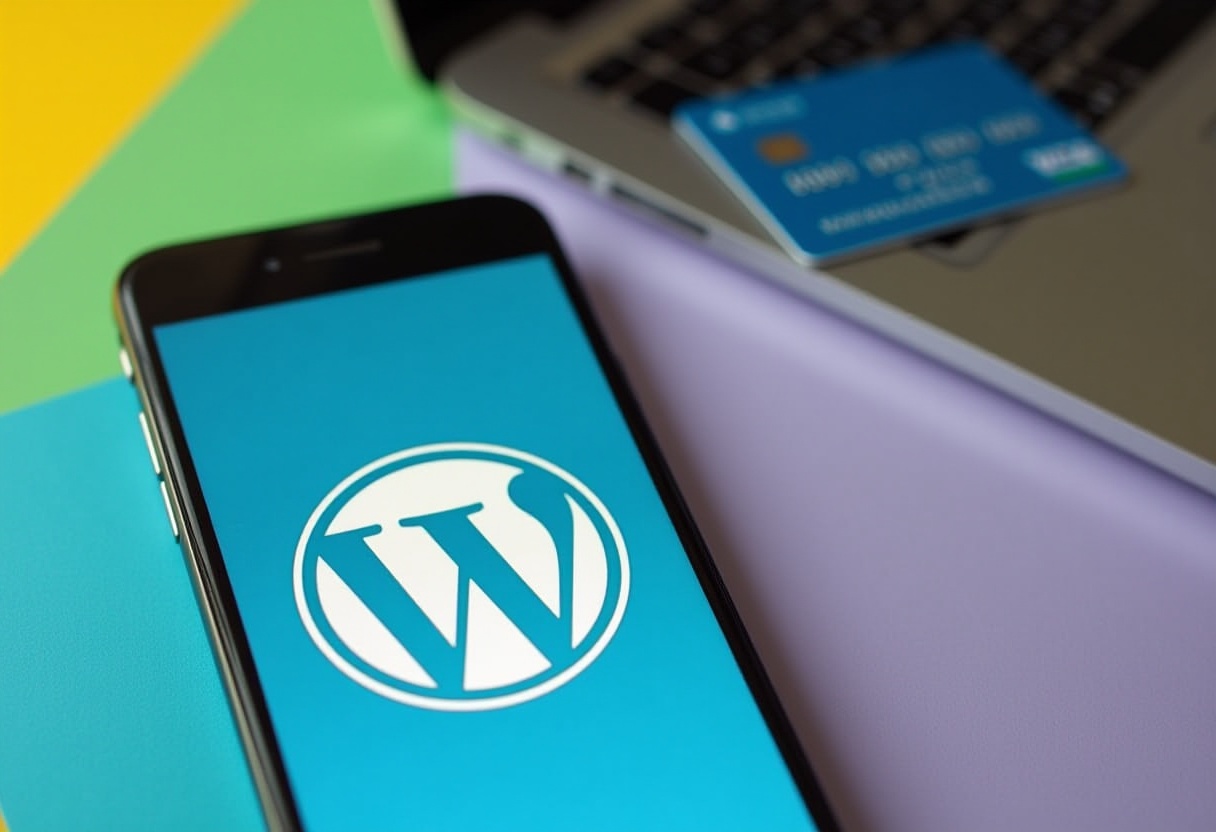When it comes to building an online store, your choice of platform is crucial, and can make or break the success of your website.
You may have heard of businesses using WordPress for their service-based sites. But is WordPress good for ecommerce stores? WordPress is a versatile platform that can be very effective for e-commerce, especially when combined with plugins like WooCommerce. In this article, we explore the pros and cons of using WordPress for ecommerce.
Yellowball is a web design agency based in London who specialise in creating WordPress sites. We know the advantages and limitations of using WordPress for ecommerce and whether it’s the correct option for your business. We also specialise in creating sites using Laravel, WooCommerce and more, so we can advise on whether these options would be preferable for your business needs.
Pros of WordPress for eCommerce
Highly Customisable with WooCommerce
WooCommerce offers a high level of customisation for ecommerce businesses. WooCommerce provides custom design flexibility, a range of plugins for additional functionality and no restrictions on payment gateways, meaning you can accept payments from a variety of payment providers with ease.
Versatility
WordPress is a versatile solution, which can be configured for a range of ecommerce stores, including those selling physical products, digital products, subscriptions and services.
SEO Advantages for Higher Online Visibility
WordPress is set up for good SEO. It offers an SEO-friendly structure with its clean permalinks, and offers mobile optimisation functionality. With access to powerful plugins like Yoast SEO and Rank Math, you can optimise your site how you wish.
Scalability to Grow with Your Business
WordPress is set up for scalability. You can start by selling a small number of products, but when you want to grow your business the platform can easily deliver increased scale to help list hundreds or thousands of products. WordPress is scalable for increased traffic and transactions, as long as you have the proper hosting, your WordPress site is configured correctly, and is fully optimised.
Ownership & Control
With WordPress you have full ownership over your store, with control over your data and the ability to customise more to improve site performance. WordPress offers more ownership compared to other options like Shopify, Wix or BigCommerce. Find out more about WordPress vs. Wix vs. Squarespace in our guide.
Challenges of using WordPress for eCommerce
Despite the benefits of using WordPress for ecommerce, there are some drawbacks to consider carefully before selecting a platform for your ecommerce business.
Requires Technical Expertise
WordPress requires knowledge of hosting, security and plugin management when creating a website for ecommerce. This is where working with a WordPress web design agency can come in handy. Yellowball offers flexible solutions for working with you on your WordPress website, from setting up your website to ongoing website maintenance, you can find a solution to suit your business needs.
Security and Maintenance
WordPress is the most popular CMS in the world, according to W3Techs, approximately 43.4% of all websites globally use WordPress (whose CMS we know). As WordPress is so popular, it can be a target for cyber threats. Regular security updates, backups and installing security measures are crucial to secure and protect your website. Ensuring your website is secure is an ongoing task, requiring regular updates, so you will need to dedicate time to this.
Requires Performance Optimisaiton
To ensure your pages load quickly, which is an important part of UX optimisation and SEO, you need to ensure you’ve set up caching correctly, that images are optimised, and that you’ve chosen a quality hosting provider.
When to Use WordPress for eCommerce (and When Not To)
WordPress is ideal for:
- Businesses that are looking for flexibility
- Businesses that require a custom online store
- If you need long-term growth and scalability
WordPress is not ideal for:
- Businesses who are looking for a super-simple solution
- Businesses that aren’t able to handle security and maintenance updates, unless working with a web design agency
WordPress for Ecommerce FAQs
WordPress is estimated to power over 43.5% of all websites.
WooCommerce and BigCommerce are popular options for WordPress ecommerce sites.
WooCommerce offers extensive customisation and integration capabilities, however, some users may prefer a solution like Shopify.
With the right optimisation and infrastructure in place, WordPress, especially when paired with the WooCommerce plugin, is capable of supporting large-scale e-commerce operations while maintaining performance and scalability.
The main advantages of using WordPress for ecommerce include ease of use, versatility, customisability, SEO benefits and extensive plugin ecosystem.
Maximise Your eCommerce Potential with a WordPress Web Design Agency
Yellowball is a WordPress web design agency based in London. Visit our portfolio to see some of the amazing things we’ve been able to achieve with WordPress. Have a vision for your website? Talk to us! We’ll make it a reality.










